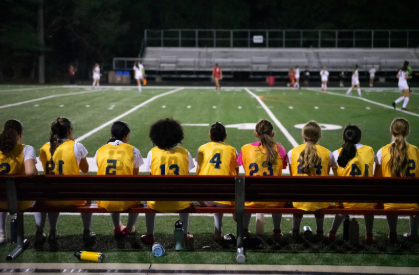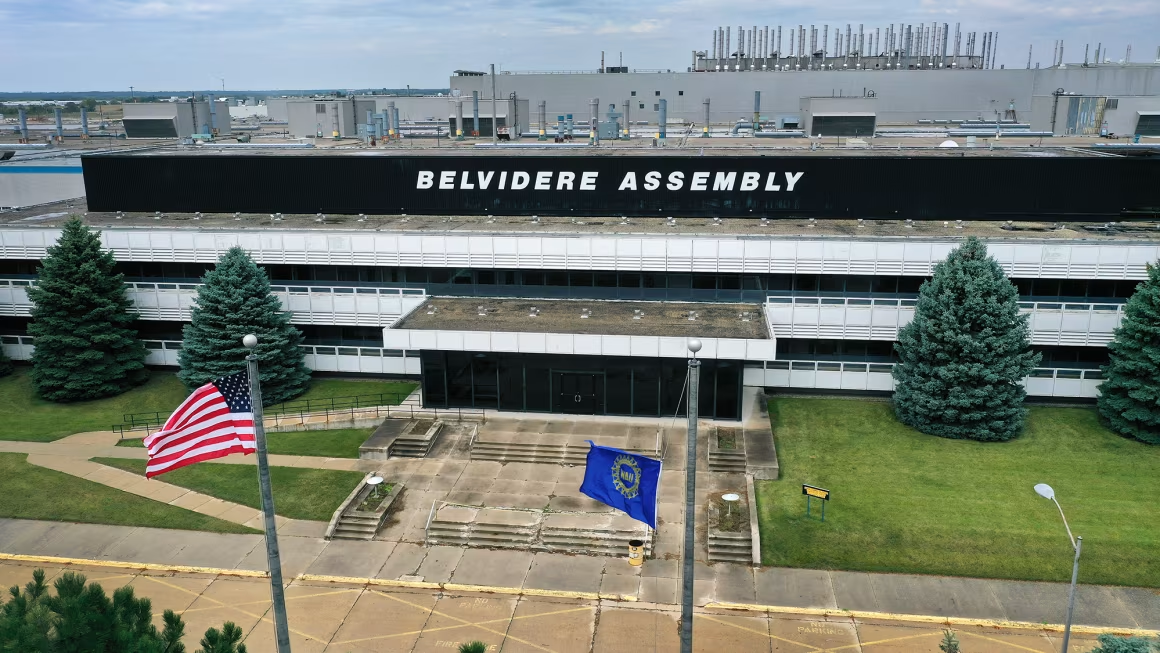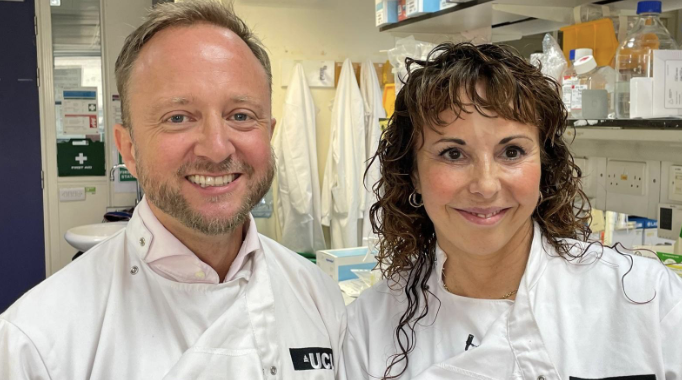A major scientific breakthrough from the UK has sparked hope for families battling a devastating illness – Huntington’s Disease. For centuries, this inherited and ultimately fatal condition has been a dark reality for generations. But for the first time, researchers believe that they may be on the path to a cure.
Huntington’s is a neurodegenerative disorder, meaning it targets nerve cells in the brain. It is caused by a mutated HTT gene, which tells the cells to make a protein called huntingtin. This abnormal protein kills brain cells, which, over time, leads to loss of movement control, memory, and personality changes. The result is heartbreaking; patients slowly lose their ability to walk, speak, and think clearly. According to Professor Sarah Tabrizi, the trial’s lead scientific advisor and Director of University College London’s Huntington’s Disease Center, “Huntington’s results in death after about 15 years.”
Huntington’s is especially cruel because of the genetic gamble it forces on families. The children of parents with Huntington’s have a 50% chance of inheriting the faulty gene. This leaves thousands around the world living in fear– not just for themselves, but also for their children and grandchildren. The disease often does not show symptoms until the person is in their thirties or forties, making this waiting game even more agonizing.
In contrast, scientists in the UK have turned the tide. A team of researchers has developed a groundbreaking gene therapy that targets the root cause of Huntington’s — the defective gene HTT. During trials, this treatment showed signs of slowing or even stopping the progression of the illness in patients by 75%. Professor Tabrizi described the results as “groundbreaking data” and “the most convincing evidence in the field to date.” Her colleague, Professor Ed Wild, said, “This result changes everything… On the basis of these results, it seems likely AMT-130 will be the first licensed treatment to slow Huntington’s disease, which is truly world-changing.”
Mr. Blanken, a B-CC Health teacher, shares his thoughts. “I would say that these advancements are significant because what they will do is hopefully lower the stress and anxiety that come with knowing someone in your family has it and give hope with other potential breakthroughs following neurodegenerative diseases,” Blanken concluded.
“After generations of watching this disease tear families apart, we finally have real hope,” said Dr. Emily Rhodes, a lead researcher on the project. The research is still ongoing, and full approval could take years. But for the families who have lived under the shadow of Huntington’s, there is finally hope. As the UK leads the way in this crucial medical advancement, the world is watching and waiting for what could be the end to one of the most detrimental hereditary diseases known to science. Especially since this discovery can apply to other genetic diseases, the B-CC community feels a sense of ease.









































